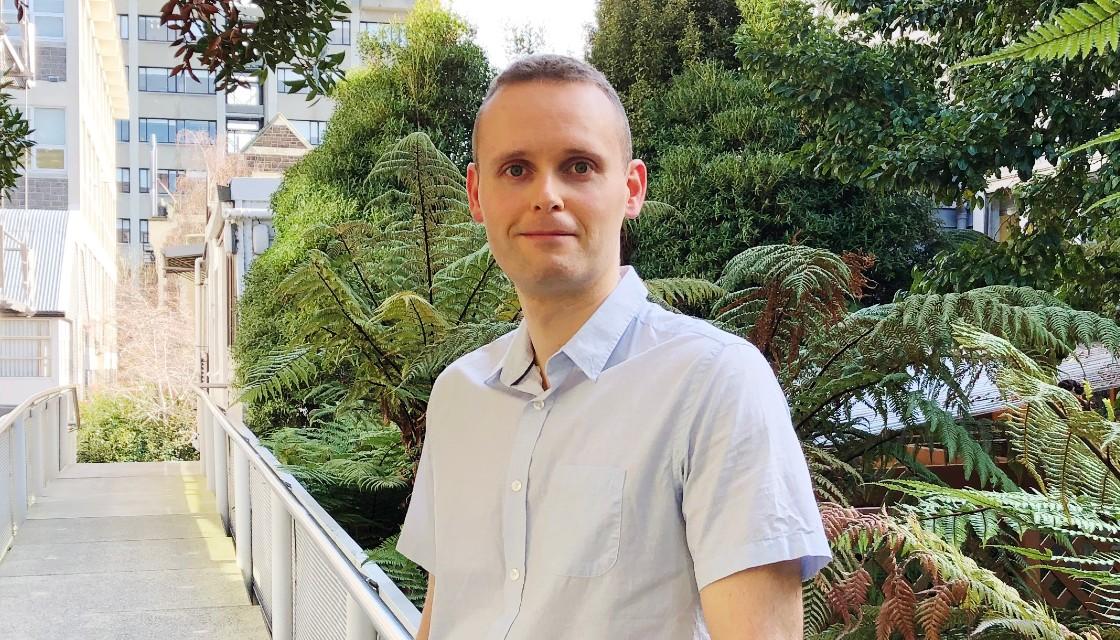
A new study by researchers at the University of Otago has found a link between anxiety and religious belief.
The study, which was published in The International Journal for the Psychology of Religion, had almost 1000 participants complete a recall test to see if people who were anxious or non-anxious had a better memory of supernatural agents.
Lead author Dr Thomas Swan, of the Department of Psychology, said they found people who feel anxious were more likely to remember beings with supernatural abilities, such as gods, than beings without.
"Anxiety is an emotion that evolved to make us pay greater attention to potential threats, so when we feel anxious, a god that can read our thoughts and punish us for them, or flood the Earth, is going to be memorable," he said.
The researchers also looked into the 'comfort theory' that belief provides comfort to anxious people.
Dr Swan said he believes there are several issues with the theory - such as why there are gods who punish people, along with hellish afterlives - and he believes the theory fails to address the issue of how someone who is feeling anxious becomes a believer.
"Our research suggests comfort theory has it somewhat backwards: anxious people are attracted, at least initially, to the scary traits of gods, which may explain why so many gods have scary features. Comfort, we suspect, comes later when some people transform their view of the god into something more palatable that they are happier believing."
Dr Swan said he hopes the research prompts further discussion and studies into how the emotional state of a person affects what they remember.
"We should all be mindful of how we came to believe the things we do, especially those with anxiety disorders who feel anxious much of the time - they should be mindful of what they are attracted to and why. If they find themselves reading fantasy novels, that may be harmless. If they find themselves joining a cult, then it's time for some reflection. The same goes for people without disorders who are just in anxious situations, such as sitting in a hospital bed or suffering financial troubles."
He also asked religious people to provide care to people with anxiety, before introducing them into their religion.
"If they are still willing to join the religion when the turmoil is over, that might be a more ethical moment."


